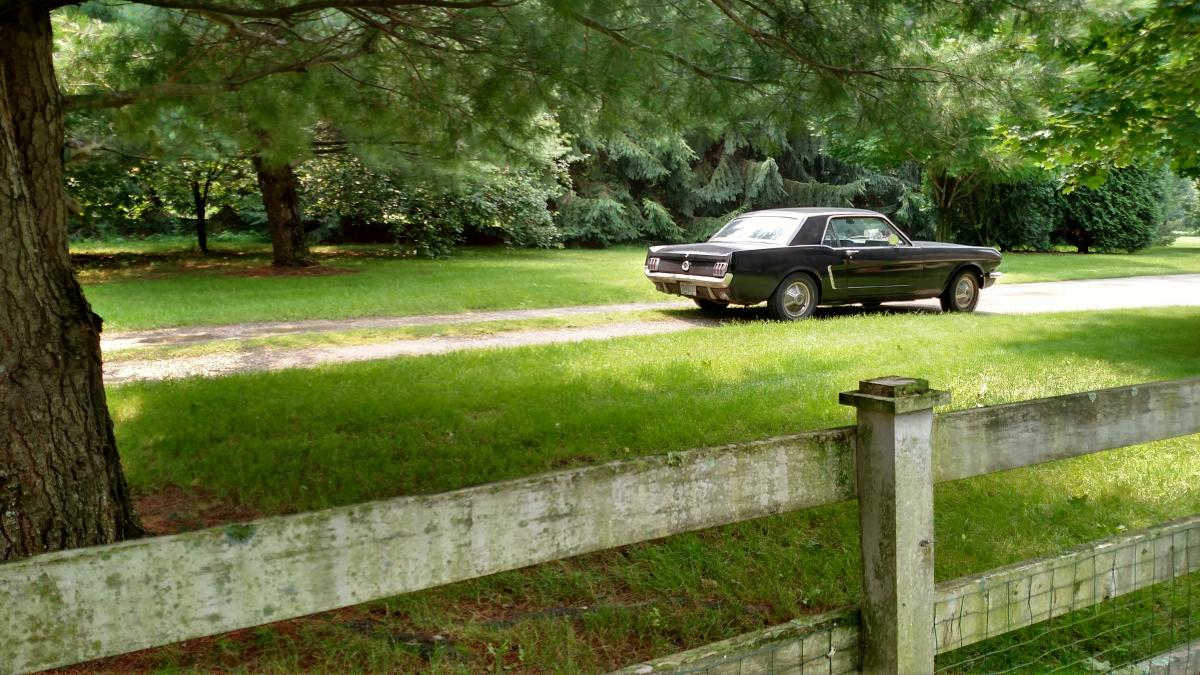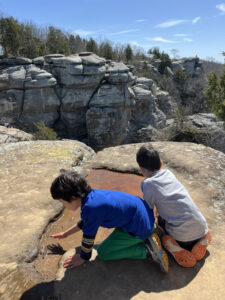
Photo courtesy of author
Herod, Illinois
There are two Gardens of the Gods, but the one in Southern Illinois fit our budget. On the drive down from Iowa City, we listen to podcasts about Norse and Greek mythology to fill the twins’ heads with ideas of magic, with the hope that they might complain less about the hiking. From their car seats, they point out farms with broken corn stalks and a Burger King, making the argument that we must still be in Iowa. Even though we’ve traveled six hours, their six-year-old brains haven’t yet connected time and distance. But I’ve been in the Midwest long enough to know the difference between the farms around a college town and farms around a farming town. And if I wasn’t wisened to it, the signage would teach me soon enough. Traveling through rest stops and restaurants puts us on edge. We make the outline of an average family with a couple of feral kids, if people don’t linger too long in their gaze.
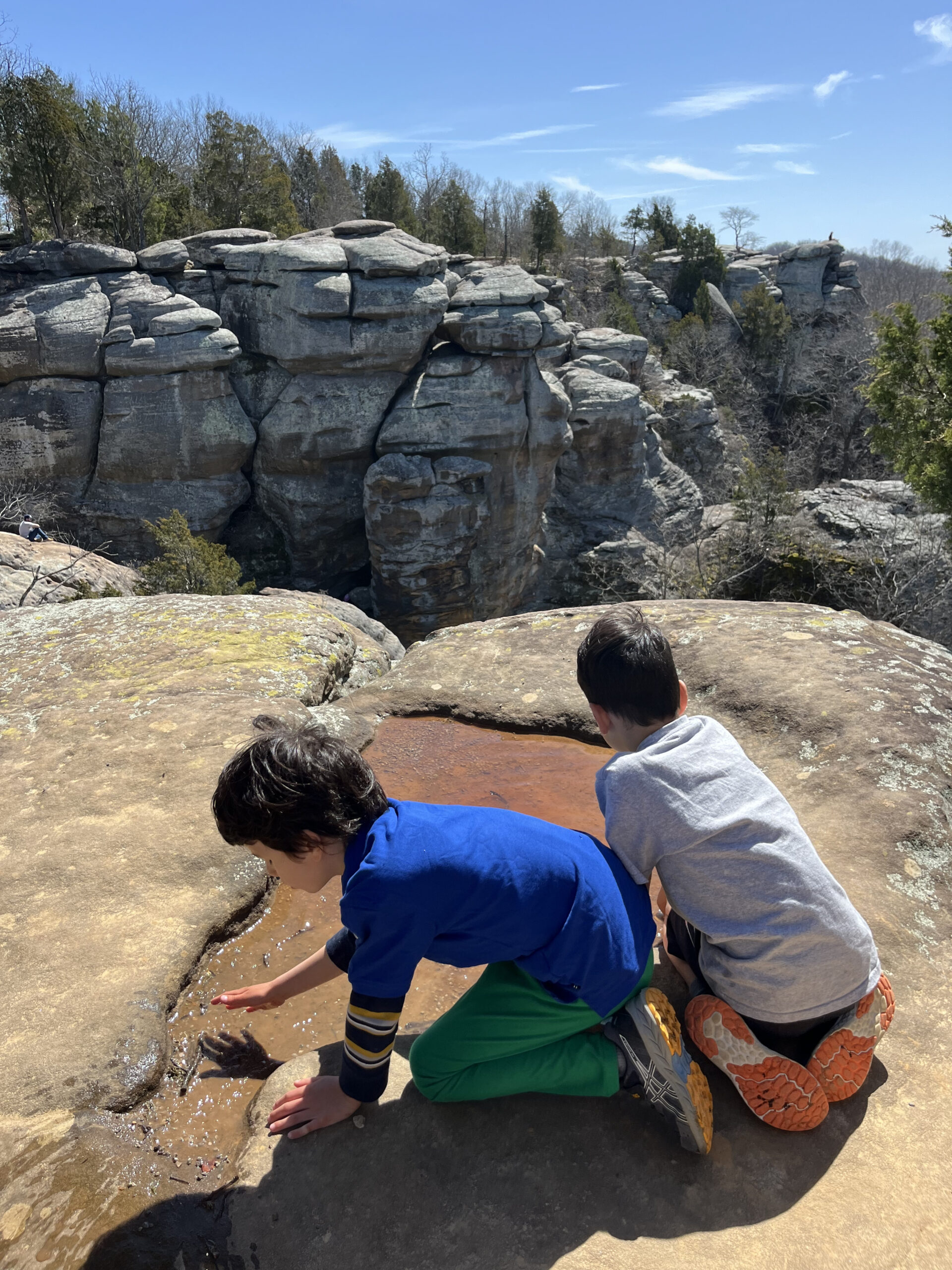
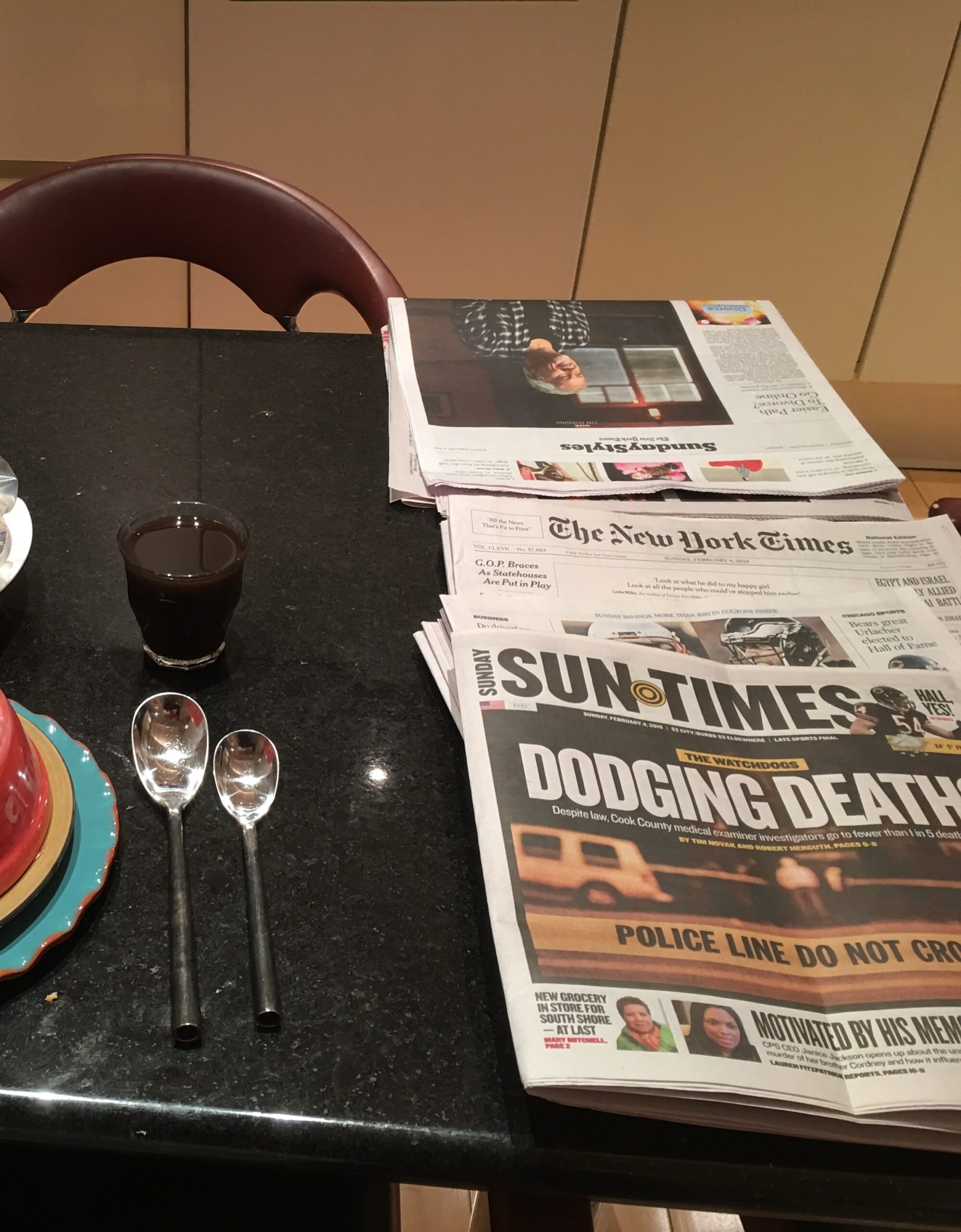
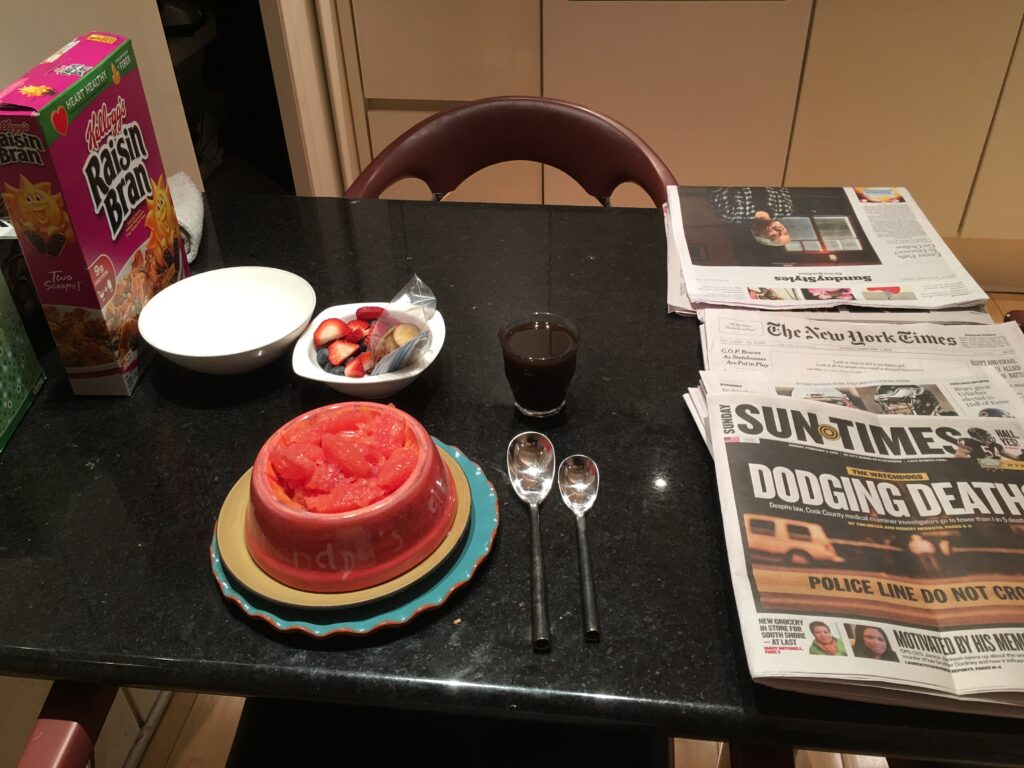


 Location: Galatia, Illinois
Location: Galatia, Illinois
